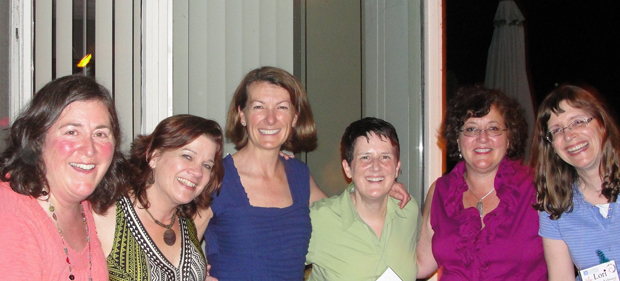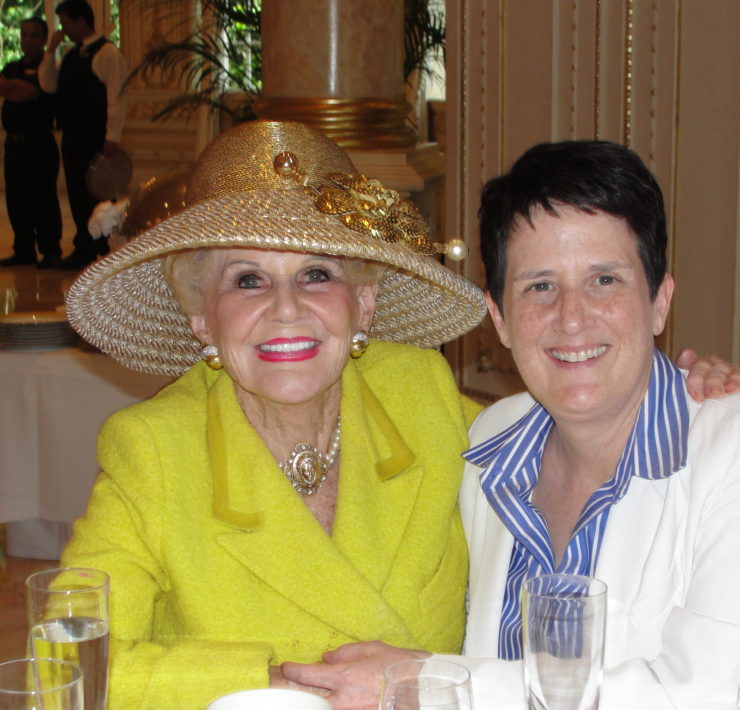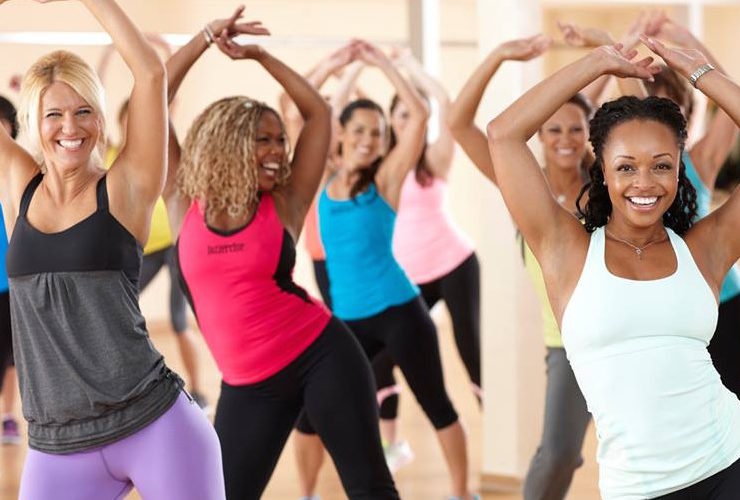That’s What Friends Are For

Beth and I met freshman year in college. No matter how much time passes between phone calls, she’s the kind of friend who would be on the first plane to Columbia if I needed her. But this article isn’t about my friendship with Beth; it’s about another more unlikely friendship that developed between Beth and her 97-year-old neighbor, Ed, whom I was lucky enough to meet a few years ago.
Beth and I were taking a morning walk when we suddenly made a detour onto a nearby driveway. “You dressed?” Beth shouted as she rapped on the door and let us in. We were in the middle of Ed’s kitchen by the time an old man with a full head of white hair emerged, walking unsteadily toward us. “Yeah, I’m dressed,” he replied with a smile. Beth had already made her way to the refrigerator and was sniffing the contents of a milk container. “You need anything today?”
The exchange I witnessed has been Beth and Ed’s routine for the past three years. Beth checks to make sure Ed’s stove is off and he’s wearing a clean shirt. He gives her newspaper clippings and helpful advice about her work. Beth shares home-cooked meals five nights a week; the other two she tells him: “You’ve got a date with Marie tonight.” (Marie Callender, that is.) At the age of 97, Ed is thriving. He just renewed his driver’s license. He’s got plans.
In befriending Ed, Beth is cultivating the kind of community she wants for herself and family: a community where neighbors know and care for one another. It’s as powerful an image of love as any.
A wealth of research shows that social connections improve our health, life expectancy and happiness. Daily social support is a key factor in us feeling happier and more optimistic about our lives. Happiness is contagious; we catch it from our friends. Friends can also make us healthier and help us to live longer. Alternatively, people who are socially isolated have higher rates of cancer, heart disease, heart attacks and strokes.
In today’s world, it’s sometimes difficult to know what friendship means. Many of us are rich in Facebook friends and poor in friends who love, encourage and accept us for who we are. Cultivating genuine social connections takes more than the click of a key. It requires us to first believe we’re worthy of being loved and then develop the skills to build relationships with others.
Many of us have little awareness of the full value we bring to our friendships. Only able to see the mundane aspects of our own lives, we deprive our friends of our company. No one wants to spend an evening listening to us talk about the baby teething, meaningless jobs or caregiving burdens, right? Yet sharing this — and so much more — is the very essence of friendship.
To make vital connections with people who matter, we have to make ourselves vulnerable. We might have to face our social anxiety, depression, shyness or low self-esteem. If all of that were easy, we’d all be as popular as Glinda in the musical Wicked. But being connected is important — and life giving. The rewards that you and your friends stand to gain are well worth the risks you run along the way. So give that friend you’ve missed a call. He or she is looking forward to hearing from you. And who knows? You might just live to see 97 because of them.
Connect with a compliment.
Ed and Beth’s friendship started when Ed told his neighbor, “You look good today.” She was wearing stained sweats and sporting a rat’s-nest hairdo; she had to laugh at his approach. But it worked. Compliments usually do.
Be a friend first.
As my mom says, “You can’t be a friend unless you are a friend.” Are you consistently the kind of friend you’d like others to be for you? Today, identify one meaningful way you can be a friend to someone with whom you’d like to make a stronger connection.
Schedule regular time.
When we’re busy, time with friends often loses out to work and family. Make friends a priority by scheduling regular time to be or talk with them. One friend talks with her long-distance best friend while knocking out her daily exercise; another hosts a monthly virtual happy hour.
Carolyn’s challenge: The weather is perfect to get out in your ’hood and meet just one neighbor you don’t know. Need an assist? Grab the dog for an easy conversation starter. And for bonus points, check out our Meet Your Neighbors section. If you drop us a note, we’ll pass it along to your new neighbors.
Carolyn Sullivan
At the height of the recession, Carolyn took her dreams off the back burner and started her own business, New Chapter Coaching. Crazy or confident, she’s never looked back. She’s dedicated to helping nonprofits get results that improve people’s lives and helping others make a difference along the way. Carolyn’s hit what she calls the career trifecta: She gets to do what she loves with clients she respects and earns a living doing it. She wishes the same for everyone.




